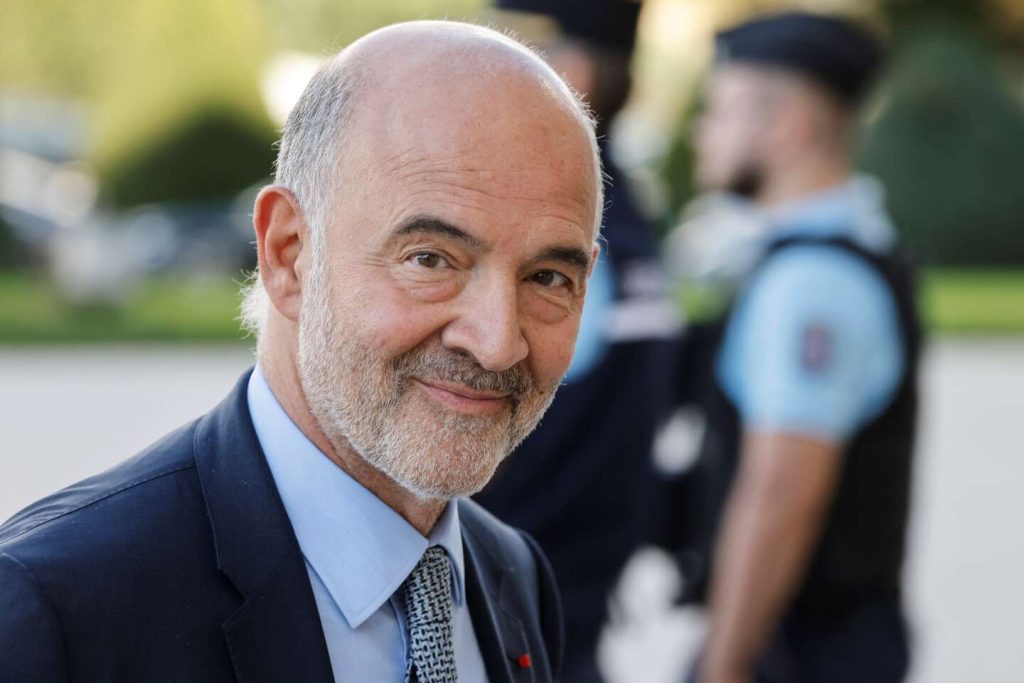Pierre Moscovici, the President of the Court of Auditors, found a moment of respite while unveiling the plaque designating the Chateau Lauratet as a “remarkable heritage site” in La Réunion. Despite this, his trip was overshadowed by the release of a critical report on the octroi de mer, an import tax that heavily funds the French overseas territories. The report recommended a profound reform of this tax, which sparked controversy among local officials, who interpreted it as a call for its abolition. The government is considering replacing it with a regional VAT as part of the 2025 budget law.
The Court of Auditors described the octroi de mer as outdated and lacking transparency, calling for reforms to improve its efficiency and compliance with EU regulations. Pierre Moscovici clarified that the Court did not suggest abolishing the tax or blame it for the high cost of living in the overseas territories. Instead, he emphasized the need for a smarter and more coordinated approach to tax reform, rather than abrupt changes or maintaining the status quo. The local officials in La Réunion expressed concerns about the impact of these proposed reforms on social and cultural investments funded by the tax.
Despite the backlash from local leaders, Pierre Moscovici defended the independence and transparency of the Court of Auditors, dismissing accusations of political bias or collusion with the government. He reiterated that the intention behind the report was to address the shortcomings of the current tax system and ensure its sustainability in the long run. The octroi de mer, which generated 1.64 billion euros in revenue for the overseas territories in 2022, is facing increasing scrutiny and demands for reform to align with European standards.
The controversy surrounding the octroi de mer in La Réunion reflects broader challenges in the French overseas territories, where economic disparities and social inequalities persist. The debate over tax policy and funding allocations highlights the complexities of managing local finances and balancing the needs of the population. Pierre Moscovici’s visit to La Réunion underscored the importance of engaging with local stakeholders and addressing their concerns in the process of fiscal reform, emphasizing the need for dialogue and collaboration to achieve sustainable solutions. As discussions continue, the future of the octroi de mer and its role in supporting the development of the overseas territories remain uncertain.


